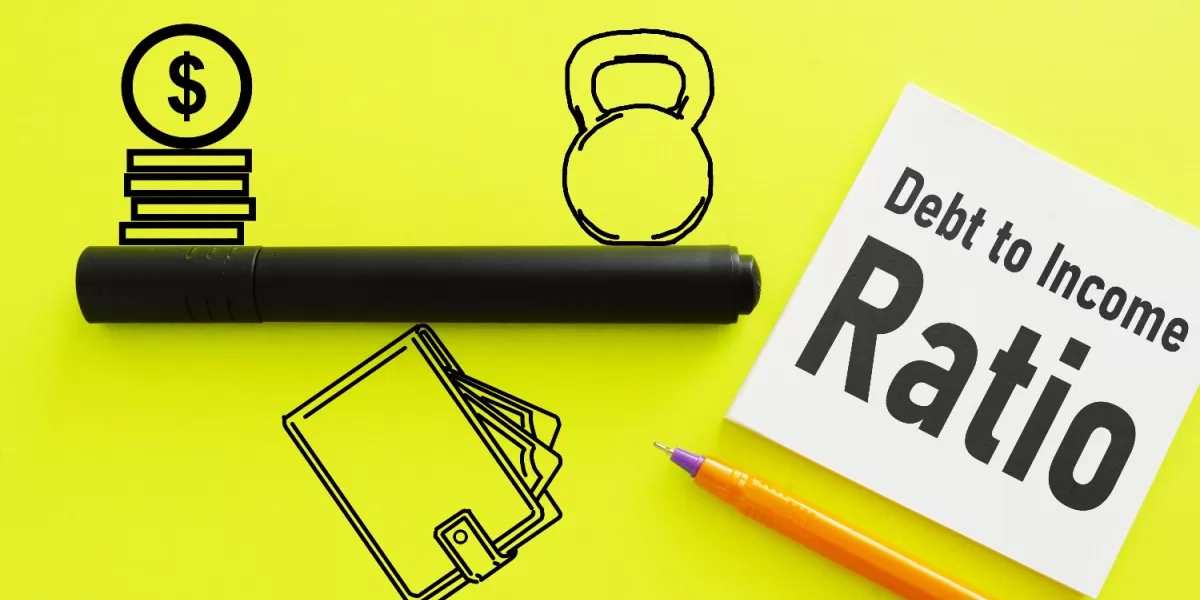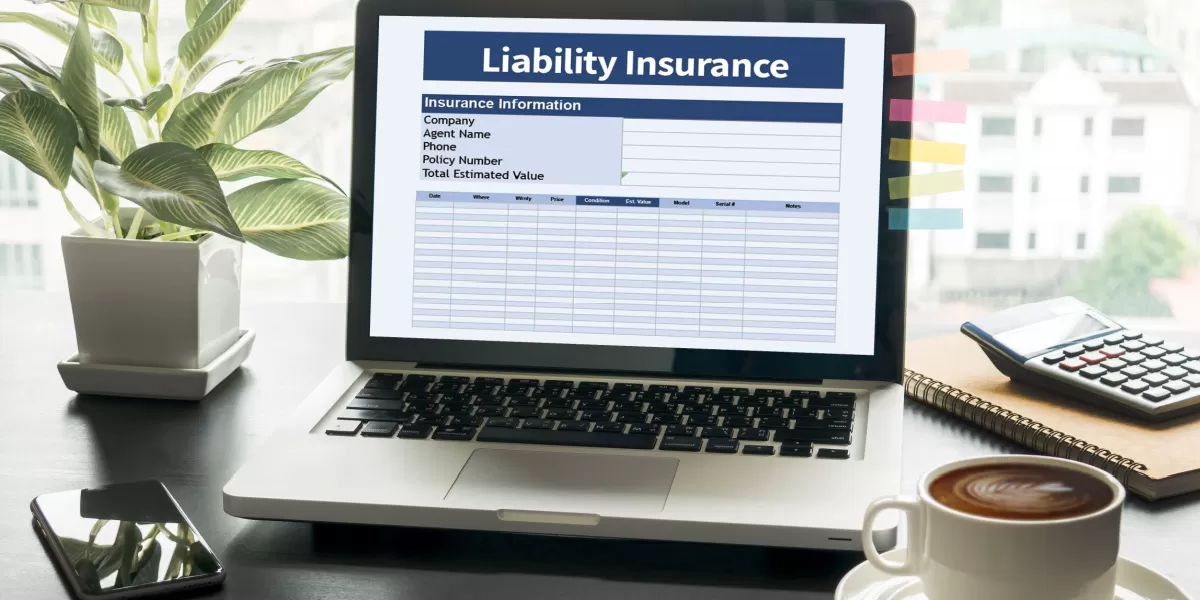
Hidden Fees
Buying a car is a stressful process. Next to a house, it’s likely the most expensive thing you’ll own. Hidden fees can make the process much more expensive...
Continued...
Debt to Income Ratio
Someday, you’re probably going to need a loan to purchase a car or a home.
Continued...
Explained
Liability insurance is a type of coverage designed to protect policyholders from legal and financial consequences resulting from third-party claims.
Continued...